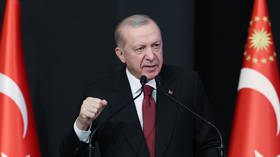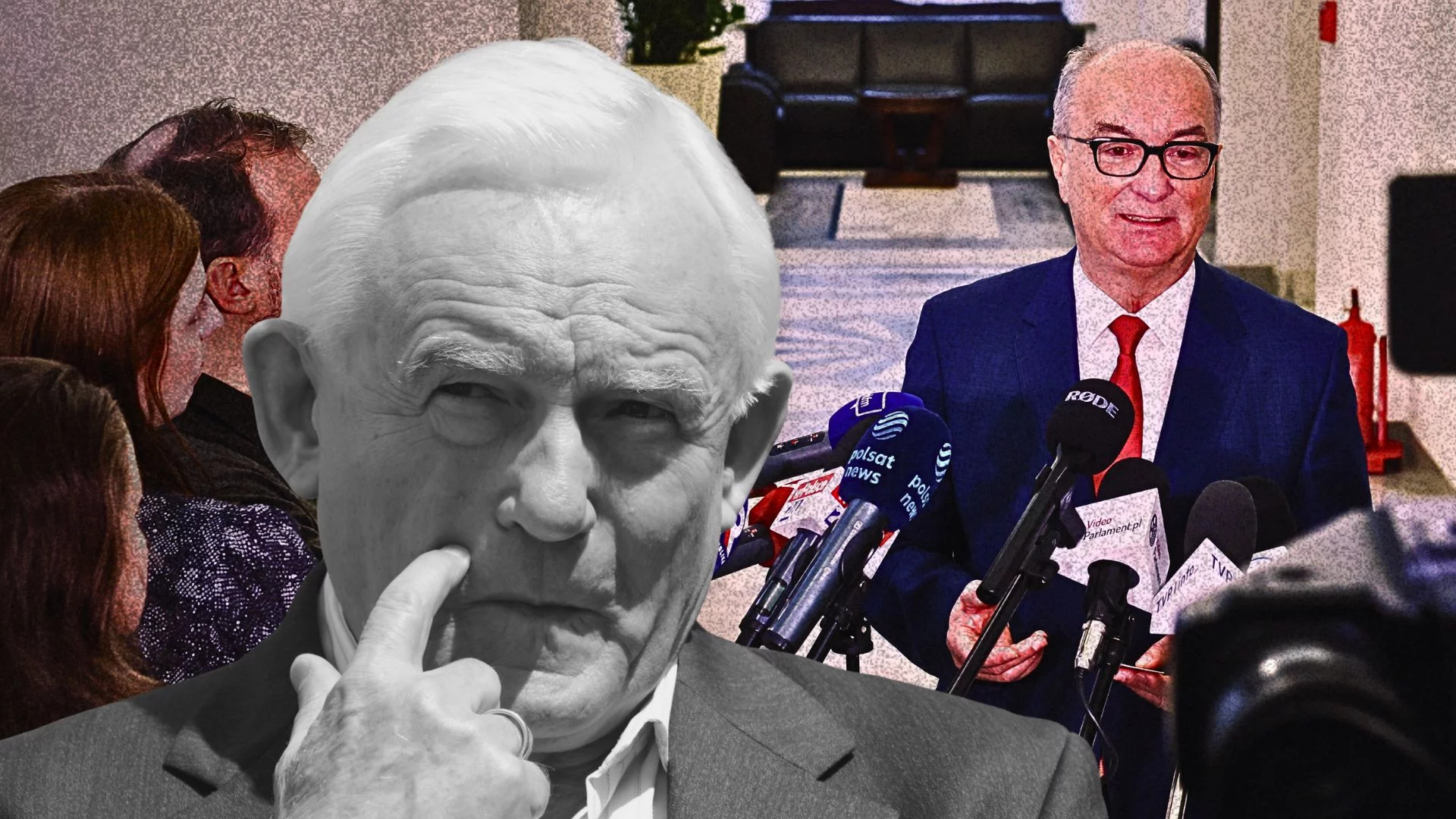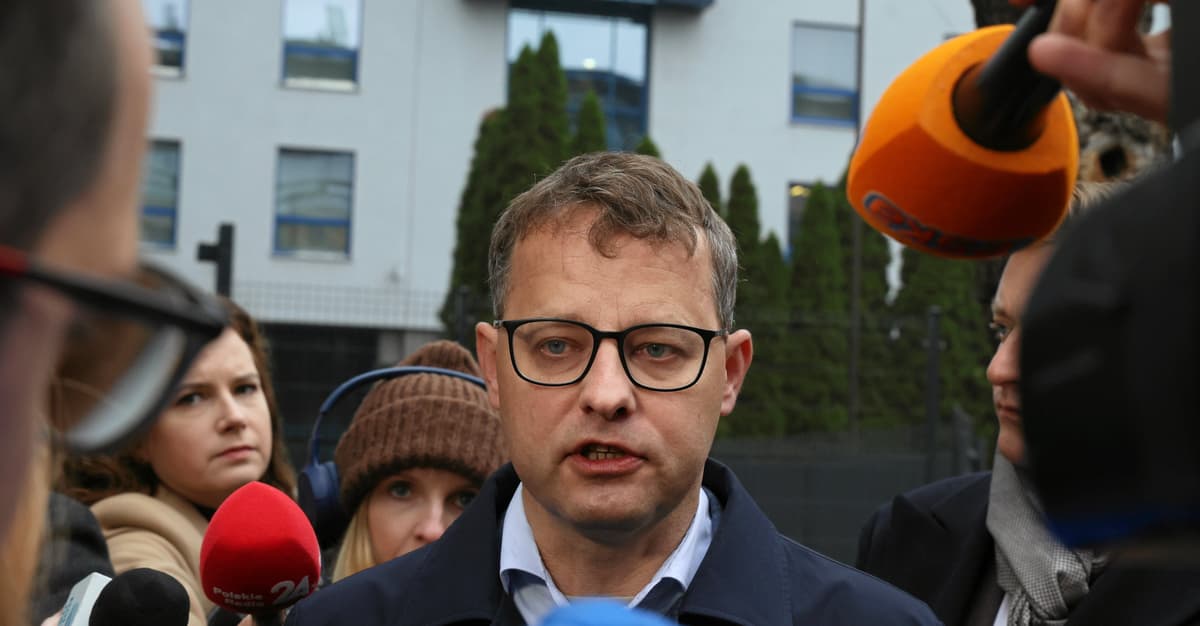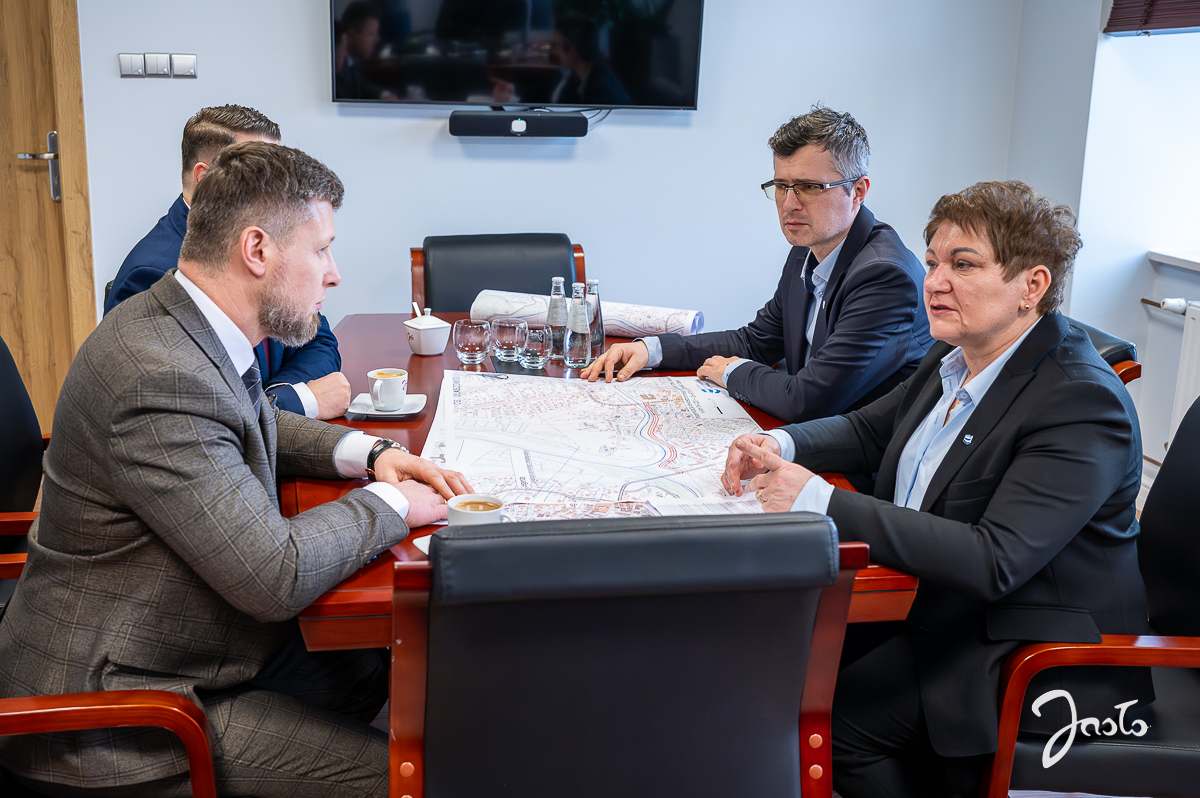Bożena Ratter: Only in Poland have Germans issued a legal act sanctioning looting.
date:14 August 2025 Editor: Anna
Only in Poland Germany issued a legal act sanctioning looting. "The full public possession of works of art in the General Governorate is confiscated in order to fulfil public tasks which are useful, unless this is already covered by the Regulation on the confiscation of the assets of the Polish State" - paragraph 1 of Regulation No. 12 of Hans Frank issued in Krakow on 23 December 1939 - on the confiscation of works of art in the General Governorate. Anyone who owned or owned a work of art had to study it and return the work. Initially, the citizens of Krakow were given receipts, which are in the library archive. A peculiar typical was appointed for the intent of drawing up the inventory of this private property for ‘protection’. A list of full ecclesiastical equipment was besides made in addition to equipment "necessary for liturgical activities".

Later, large-scale operations throughout the Gubern, the vastness of the taken and collected works caused that the second part of legislation, issued a year later, restricted the "protection" to objects manufactured until 1800.
The selection of the works was made by Germany, the excellent German art historians, who inactive enjoy designation in the world. They besides came to Warsaw for this purpose. Our goods were passed on to others, sold, melted, e.g. silver candlesticks or another metallic works of ecclesiastical art, and selected exceptionally valuable works were collected.
The scale of the robbery was huge. Correspondence is preserved, in which afraid Germany from Poznań during the occupation, asks its superior in Berlin for an additional area for stolen books from manors, towns, as 8-metre stacks of books placed on the floors of the building endanger a construction disaster, as the inspectors warn. Only 40,000 crates were found in 1 salt mine in Austria with works looted throughout Europe. There were 500 specified places of concealment of plundered art on the American list.
German officials returning from occupied Poland to Germany besides took with them from the premises which they occupied for 5 years of occupation, their valuable equipment - works of art and others. A German justice from occupied Krakow took from Wawel 15th century judicial papers written in German. Many years after the war, the repentant granddaughter of the justice came to Krakow and returned 1 15th-century document. She explained that his grandpa was afraid about the approaching Red Army, fleeing and taking — to “storage ” — this document.
What is missing until today? Description of the mechanics of looting in Poland, including Ukraine, Lithuania, Belarus, Latvia. A description which, translated into all languages, would explain to the planet that for centuries Poland has been enslaved and robbed by current beneficiaries of Western and east Europe and is inactive being robbed.
During the lecture entitled “Recovery of works of art robbed in Poland during the German occupation”, prof. Wojciech Kowalski spoke about many years of efforts to regain Polish cultural goods. A lawyer with cognition of art history, the ability to negociate and gain the support of politicians, officials, museums, manszards around the world, spoke about the process of recovering works of art, the laborious work of searching and diplomatic proceedings of the consul in Berlin, which allowed us to recover the 13th century description of the liturgy. Stolen in Poland, it was found at the Museum in Bavaria.
The usefulness of German catalogues, which contained high-class photographs of 526 most valuable art objects selected by German historians for exhibition (in the war). After the war, they were an excellent search material for art lovers.
The prof. besides spoke of small interest in the subject of restitution of successive governments after planet War II. He told of the position of the Ministry of Culture and Art in the late 1970s expressed in his statement: “You are talking about German looting here, but as you talk with specified enthusiasm about German, you are besides reasoning about Soviets. At this point, you are becoming dangerous not only to yourself but besides to us.” According to the authorities, this was a “historical” substance and there was nothing to talk about.
Was there a evidence of plundered works in Ukraine for another government? According to the authorities, this was inactive a “historical” substance and there was nothing to talk about. You talk of Polish heritage in Ukraine, you are surely a Russian agent, in the name of good Polish Ukrainian relations - as previously Soviets - we will forget about Polish heritage.
The first authority in global law, which in the 16th century proposed in writing a ban on looting works of art during the wartime, and interestingly, proposed to defend besides authors – artists, was Jakub Przyłuski. This war is the relation between states and not nations, 1 can usage only resources that are utilized to carry out war activities and to that should limit the war but not to plunder.
There are restitution clauses in all the large treaties between planet War I and planet War II, where it is clearly said that everything that has been exported is to be returned. In the Treaty of Versailles there was a evidence of the restitution of works burned by Germans who came and burned the Belgian university library for no reason (which Europe was outraged by !). The treaty clause forced the Germans to return the book for the book, if not identical, and it was the beginning of a replacement restitution. The Germans returned burnt works until the late 1960s. The Germans repeated this act of vandalism in occupied Poland, smoking libraries in Warsaw in 1944.
Oh, my God.
Photo: Wikipedia
The selection of the works was made by Germany, the excellent German art historians, who inactive enjoy designation in the world. They besides came to Warsaw for this purpose. Our goods were passed on to others, sold, melted, e.g. silver candlesticks or another metallic works of ecclesiastical art, and selected exceptionally valuable works were collected.
The scale of the robbery was huge. Correspondence is preserved, in which afraid Germany from Poznań during the occupation, asks its superior in Berlin for an additional area for stolen books from manors, towns, as 8-metre stacks of books placed on the floors of the building endanger a construction disaster, as the inspectors warn. Only 40,000 crates were found in 1 salt mine in Austria with works looted throughout Europe. There were 500 specified places of concealment of plundered art on the American list.
German officials returning from occupied Poland to Germany besides took with them from the premises which they occupied for 5 years of occupation, their valuable equipment - works of art and others. A German justice from occupied Krakow took from Wawel 15th century judicial papers written in German. Many years after the war, the repentant granddaughter of the justice came to Krakow and returned 1 15th-century document. She explained that his grandpa was afraid about the approaching Red Army, fleeing and taking — to “storage ” — this document.
What is missing until today? Description of the mechanics of looting in Poland, including Ukraine, Lithuania, Belarus, Latvia. A description which, translated into all languages, would explain to the planet that for centuries Poland has been enslaved and robbed by current beneficiaries of Western and east Europe and is inactive being robbed.
During the lecture entitled “Recovery of works of art robbed in Poland during the German occupation”, prof. Wojciech Kowalski spoke about many years of efforts to regain Polish cultural goods. A lawyer with cognition of art history, the ability to negociate and gain the support of politicians, officials, museums, manszards around the world, spoke about the process of recovering works of art, the laborious work of searching and diplomatic proceedings of the consul in Berlin, which allowed us to recover the 13th century description of the liturgy. Stolen in Poland, it was found at the Museum in Bavaria.
The usefulness of German catalogues, which contained high-class photographs of 526 most valuable art objects selected by German historians for exhibition (in the war). After the war, they were an excellent search material for art lovers.
The prof. besides spoke of small interest in the subject of restitution of successive governments after planet War II. He told of the position of the Ministry of Culture and Art in the late 1970s expressed in his statement: “You are talking about German looting here, but as you talk with specified enthusiasm about German, you are besides reasoning about Soviets. At this point, you are becoming dangerous not only to yourself but besides to us.” According to the authorities, this was a “historical” substance and there was nothing to talk about.
Was there a evidence of plundered works in Ukraine for another government? According to the authorities, this was inactive a “historical” substance and there was nothing to talk about. You talk of Polish heritage in Ukraine, you are surely a Russian agent, in the name of good Polish Ukrainian relations - as previously Soviets - we will forget about Polish heritage.
The first authority in global law, which in the 16th century proposed in writing a ban on looting works of art during the wartime, and interestingly, proposed to defend besides authors – artists, was Jakub Przyłuski. This war is the relation between states and not nations, 1 can usage only resources that are utilized to carry out war activities and to that should limit the war but not to plunder.
There are restitution clauses in all the large treaties between planet War I and planet War II, where it is clearly said that everything that has been exported is to be returned. In the Treaty of Versailles there was a evidence of the restitution of works burned by Germans who came and burned the Belgian university library for no reason (which Europe was outraged by !). The treaty clause forced the Germans to return the book for the book, if not identical, and it was the beginning of a replacement restitution. The Germans returned burnt works until the late 1960s. The Germans repeated this act of vandalism in occupied Poland, smoking libraries in Warsaw in 1944.
Oh, my God.
Photo: Wikipedia















